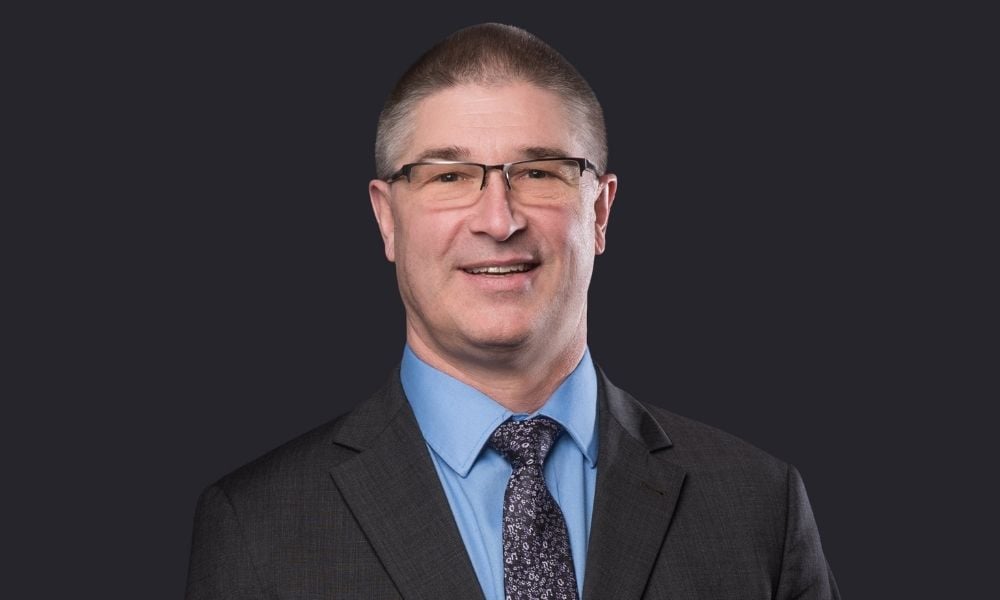CEO and president's workplace injury spurred interest in OHS

Kurt Dieckmann started his health and safety journey after sustaining a serious work injury over two decades ago. Now with the Yukon Workers’ Compensation Health and Safety Board (YWCHSB), the accident spurred his commitment to improving workplace safety for all.
Dieckmann says that he was working in the mining industry when he suffered the injury. “And my injury was serious enough that I wasn’t able to return to my previous employment. I got such good service from the Board that I thought it would be a good place to work,” he says. “So I did some training in occupational health and safety, and then applied to a position here. I started in the organization as a safety officer and then worked my way up.”
Dieckmann is a Canadian Registered Safety Professional (CRSP) has been President & CEO of the organization since 2016. He has been with the organization for 22 years.
YWCHSB is responsible for the administration of the Workers’ Compensation Act, and the Occupational Health and Safety Act.
“If workers are injured on the job, they will apply to us for compensation,” says Dieckmann.
“We do regular workplace inspections – if incidents occur in the workplace, we will investigate, we can prosecute and issue administrative penalties.”
“When you wrap it all into one, our mission is to prevent work-related injuries and illnesses. We do it in partnership with employers and workers,” says Dieckmann. And “when injuries do occur, we support those workers".
The organization is divided into a number of branches, including claims and occupational health and safety. Its corporate services branch offers training – “most of the training that we do is in schools. We have two people that go out to schools and provide an introduction to health and safety,” says Dieckmann. “It starts in kindergarten right through to grade 12.”
The organization also funds external trainers; YWCHSB notably works with an organization called the Northern Safety Network Yukon and provides them with funding to develop and deliver health and safety training to employers and workers.
As with organizations across the country, the pandemic has created challenges – “and we are not immune,” says Dieckmann.
To be able to provide good information to employers, he says that when the pandemic struck, “we immediately started reaching out to other organizations, and made sure that we were very much in the loop as to what was happening.
We leaned heavily on our partnerships to make sure that we’ve got good information that we can provide, and then have staff actually out working with employers and organizations to help them to do their assessments and develop the programming that they need.”
“What we take pride in as an organization, and work really hard to do, is maintain those partnerships with multiple organizations to facilities a culture of safety within the territory,” says Dieckmann. “Because the real key to ensuring safety is ensuring that it is front of mind.”





